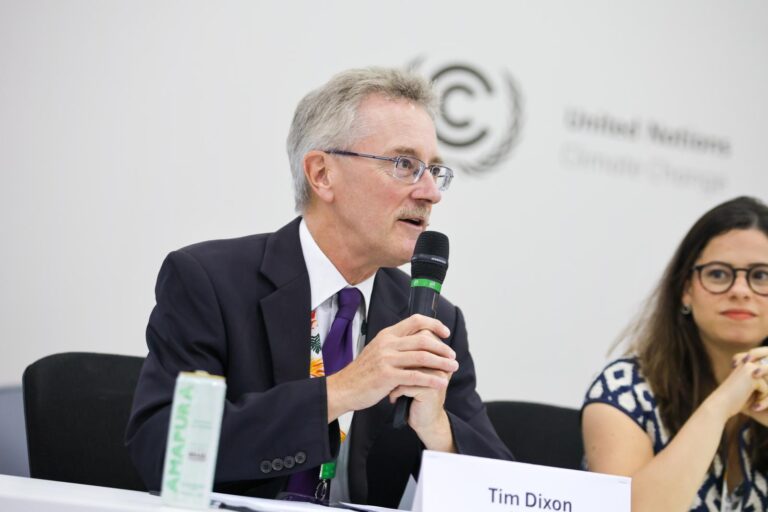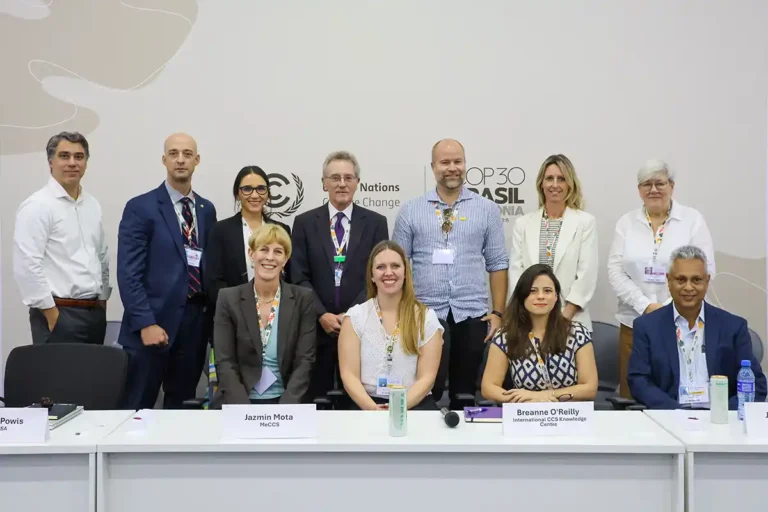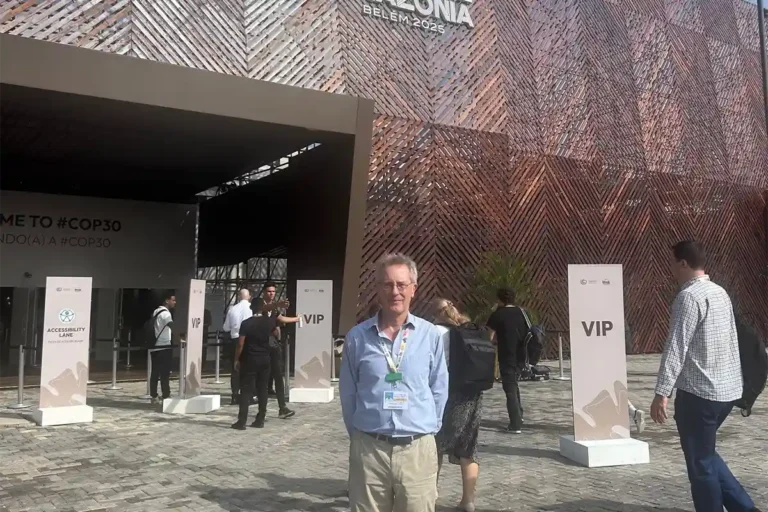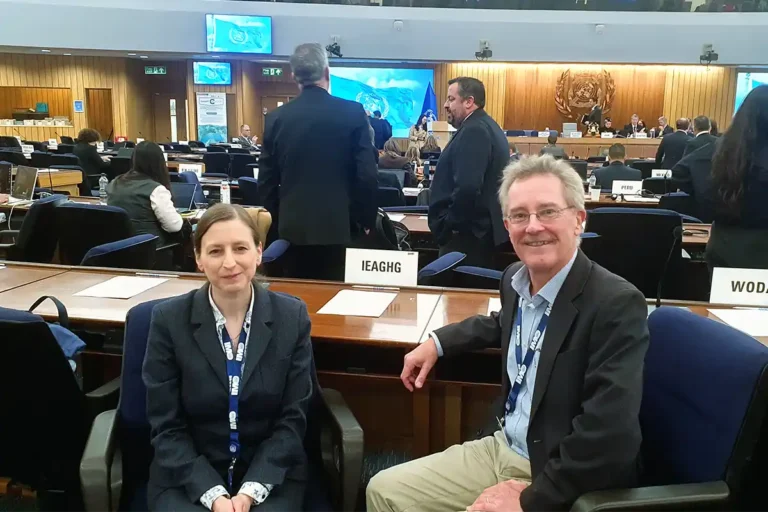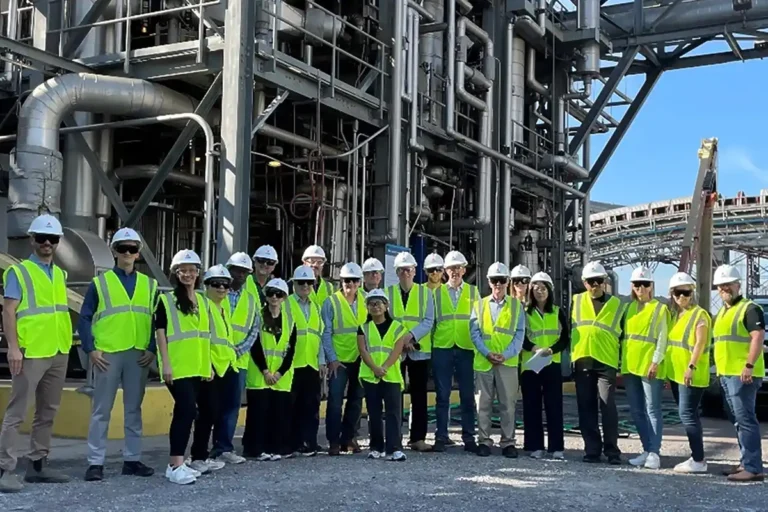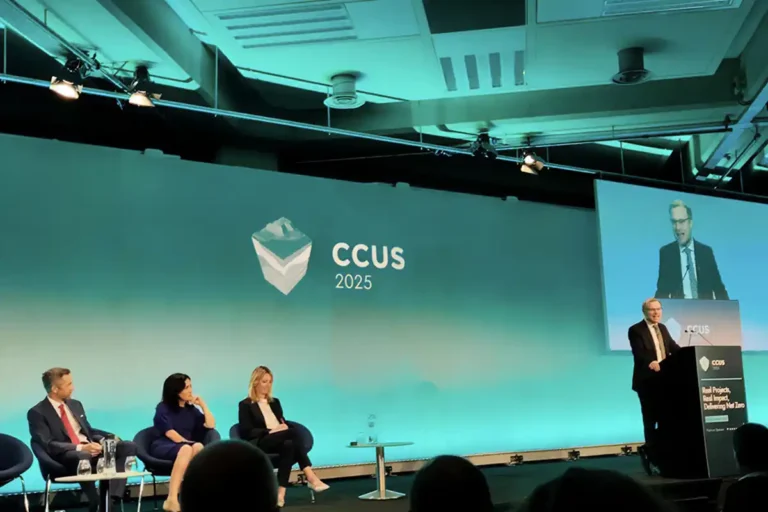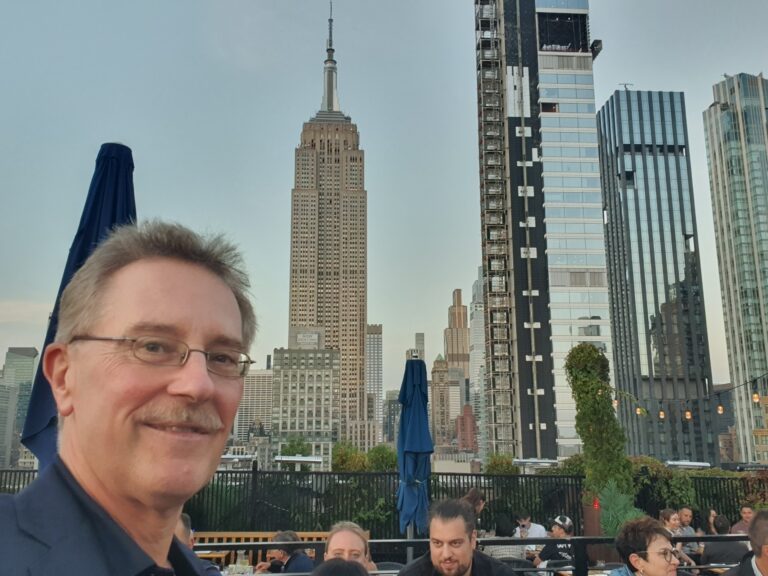
UTCCS3 – CCUS Research in Texas
22 February 2016

I was invited to participate at the University of Texas’s UTCCS3 event last week as I am working with them on the offshore storage workshop. UTCCS is a biannual conference where three research programmes on CCS come together to hold their programme reviews with their sponsors, presenting the current research work and results. The programmes are the Gulf Coast Carbon Centre (GCCC) which is an applied research programme on CO2 storage, the Center for Frontiers of Subsurface Energy Security (CFSES) which focusses on more fundamental research on CO2 storage and is run jointly with Sandia National Laboratory, and the Texas Carbon Management Program which focusses on amines for post-combustion capture.
In the parallel sessions I paid particular attention to the GCCC programme. Established in 2003, this programme is managed in six themes: of understanding storage capacity; overburden processes; unconventional EOR; commercial monitoring; offshore storage; and knowledge sharing. One example of new and interesting research is the work on brine extraction for pressure management in the reservoir which is both modelling and using a field site for measurements (brine extraction storage test – BEST). I look forward to seeing the results of that work. Another very interesting area is the further development of geochemical tools for use in attribution techniques, both in the laboratory to understand processes and also application at field sites. As well as looking at CO2 and methane sources at CO2EOR sites, changes in dissolved gas chemistry and exsolution of gases are successfully being used for determining the source of methane in shallow aquifers above shale gas sites. Other work is demonstrating the cost comparison between pressure monitoring and geochemical monitoring for leakage detection in the overburden. Researchers are also looking at the carbon footprint of CO2 EOR, including operational factors and CO2utilization ratios. The offshore theme includes a storage resource assessment for the Northern Gulf of Mexico, support to the Guangdong project in China on feasibility of CCUS there, and the forthcoming international knowledge sharing workshop with SANEDI, IEAGHG and CSLF. The knowledge sharing theme itself includes student training, publications, and the outreach activities at COP-21 with IEAGHG and others.
What became clear through UTCCS3 was the depth and breadth of the CCUS expertise through the linking up of the different departments and disciplines across the university, joining up the fundamental science with applied research and engineering, including at field sites and in knowledge sharing. Thanks to their sponsors, funders and collaborators, this is making a difference in CCUS technology development, and I look forward to seeing further results of their work.

Other articles you might be interested in
Get the latest CCS news and insights
Get essential news and updates from the CCS sector and the IEAGHG by email.
Can’t find what you are looking for?
Whatever you would like to know, our dedicated team of experts is here to help you. Just drop us an email and we will get back to you as soon as we can.
Contact Us NowOther articles you might be interested in
Get the latest CCS news and insights
Get essential news and updates from the CCS sector and the IEAGHG by email.
Can't find what you are looking for?
Whatever you would like to know, our dedicated team of experts is here to help you. Just drop us an email and we will get back to you as soon as we can.
Contact Us Now

